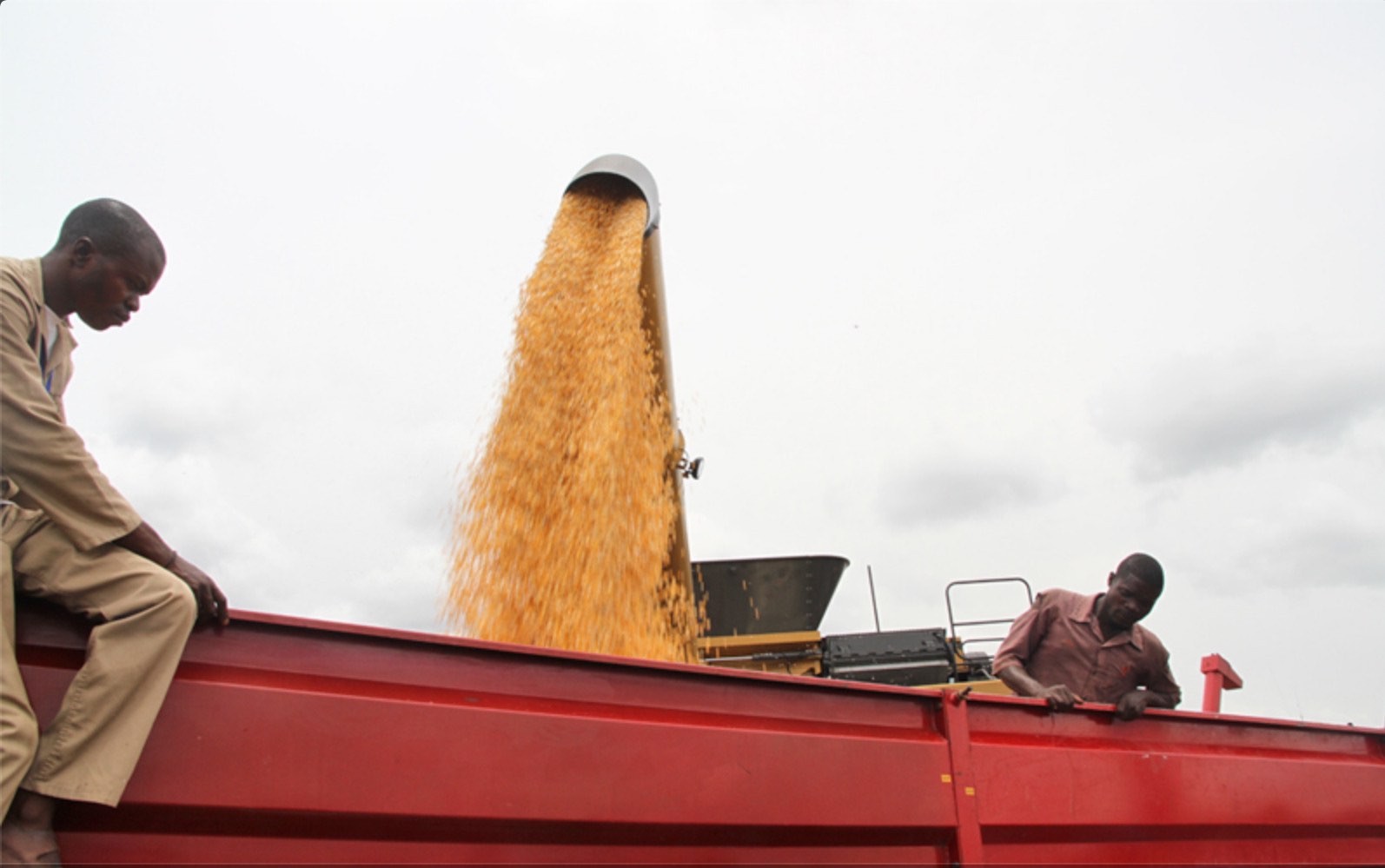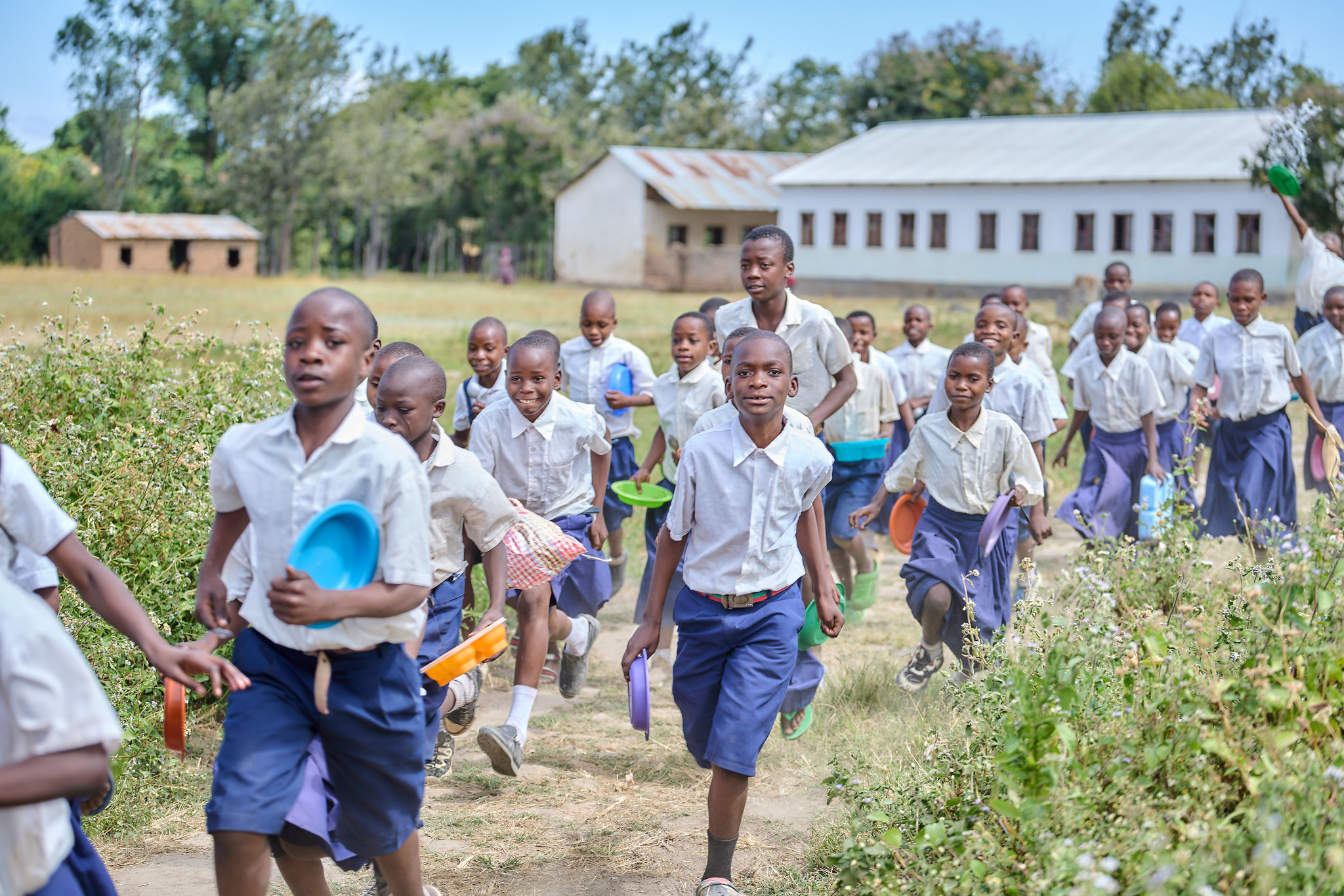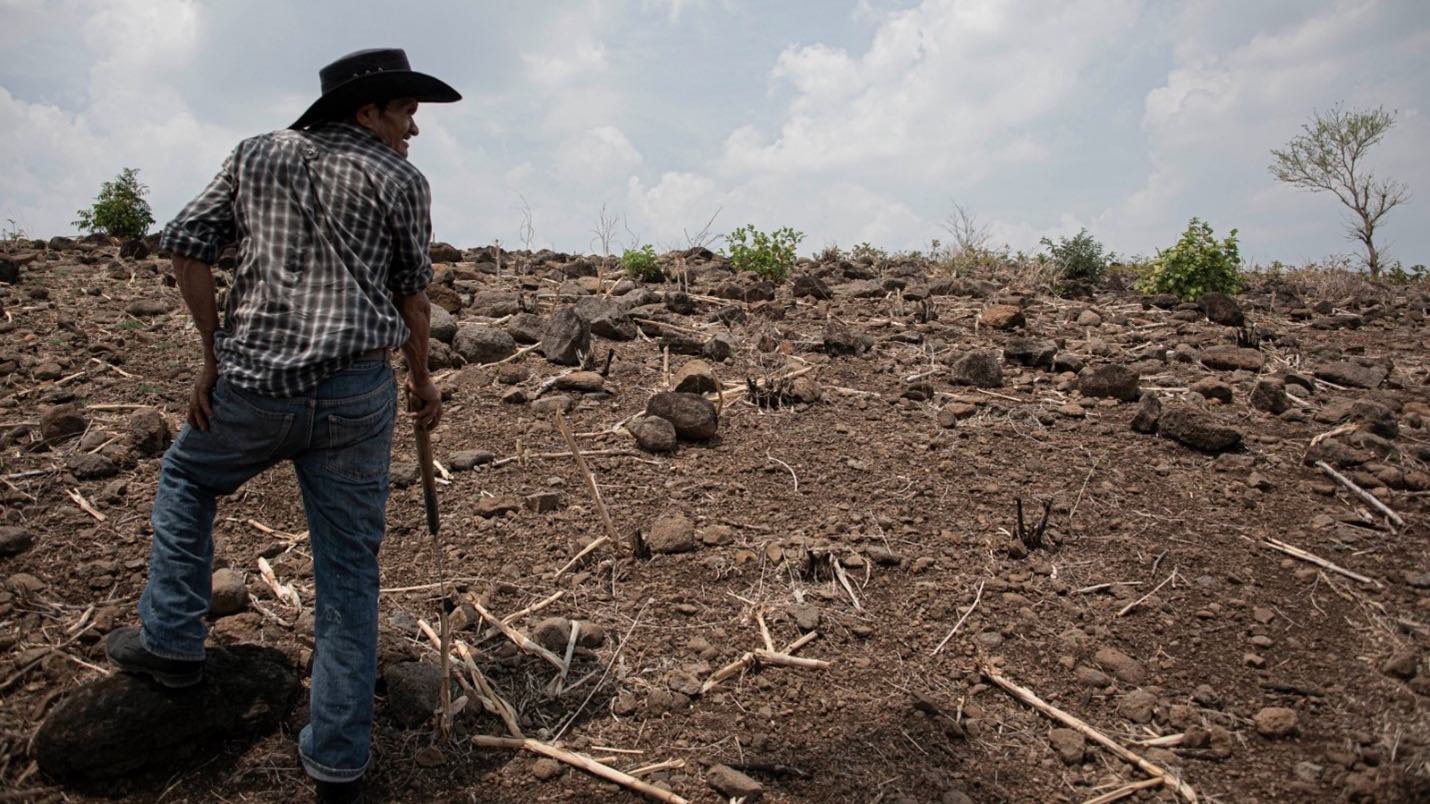Despite Africa’s sustained economic growth, spectacular by all standards, its economic recovery has failed to generate a much-needed job increase, poverty reduction, and food security. As a result, calls for inclusive economic growth have been heard throughout the continent, and this economic growth requires a structural transformation, including in the agricultural sector.
Agricultural transformation in the continent can be achieved through diversification and sophistication of its food system. Many countries have embarked on this path, using it as an instrument to diversify their economies.
The Democratic Republic of the Congo (DRC) is home to tremendous agricultural production potential, with more than 80 million hectares of arable land, 4 million of which are irrigable. The country’s climatic diversity and abundant natural water supply enable two annual harvest seasons and provide the ability to grow a wide variety of crops. In addition, DRC possesses pasture resources that could support over 40 million cattle, and inland fishery resources that could supply millions of tons from marine and inland fisheries every year.
To unleash this huge potential, DRC’s government decided to launch its first agricultural special economic zone in 2014 in the form of an agro-industrial park. The park was meant to boost agricultural production, encourage private and foreign capital investments, and increase agricultural exports.
A recent Reuters article raised red flags, concluding that DRC’s maiden Agrobusiness Park at Bukanga Lonzo in Western Congo is a failure. I agree the project is not where it should be, but I reject the stamp of failure.
To equate the Bukanga Lonzo project to a monocrop farm, fully outfitted with seeds and agricultural equipment, with the goal of producing harvest the next season, is an oversimplification of the project’s aims. To fully understand the scope and vision of the project, think of it as a city to be built around agricultural production and processing. The size of the plot for the Bukanga Lonzo project, commissioned in 2014, is nearly 80,000 hectares, or 800 square kilometers, roughly eight times the size of the city of Paris.
Although the Congolese government, facing an annual $1.6 billion import bill, did ask for early maize production, the project is still in the infrastructure building phase. It is unfortunate that Reuters’ reporter wasn’t allowed to visit the site and therefore couldn’t report on the project’s milestones, which would have helped to provide a more complete perspective.
Consider a few of these milestones, achieved since March 2017: 20 irrigation pivots covering 50 ha each, with the potential to produce 500 tons of vegetables a day; 12 greenhouses for tomato production; 40 tons grain storage facility; an under-construction feed mill unit; a modernized maize flour unit; a 54 megawatt electricity substation; and an operational mini-shops network around the capital city, especially in poor neighborhoods, to address food price volatility induced by middlemen.
In addition, the “Cassava project” is intended to connect small-scale farmers to the park, by creating a reliable market for their produce at an agreed price as input for the flour plant on site. As of Dec. 2016, the size of cultivated land by small-scale farmers increased from 50 to 350 ha, and yields increased from 2 to 15 tons a hectare.
Bukanga Lonzo was designed as a starting point for a sustainable and resilient food system, not as an overnight-microwave-fixer of short-term food problems in DRC. Even with sustained government buy-in and an improved business environment to encourage private sector involvement, it will take time and commitment to unleash its full potential. Bukanga Lonzo is a special economic zone. It took a decade for Shenzhen, in China, to transition from a city to a now celebrated special economic zone.
It is obvious that when all the technicalities are up to required standards, the remaining challenges facing the implementation of such a comprehensive and integrated agricultural development strategy will include consistency in government agenda and vision; stable funding for infrastructure; and good governance and management. A project such as Bukanga Lonzo transcends ministers and governments. Without consistency over several years, the loss of political buy-in is likely to hamper its success.
Unlike traditional agricultural projects focused on the distribution of agricultural inputs, the first phase of Bukanga Lonzo is entirely devoted to infrastructure development, which is the least “profitable”—socially, politically or financially—posing difficulty for raising funds.
Bukanga Lonzo is complex by design, and requires a wide range of expertise—institutions that are in short supply in the African context. Incentives for cheating and corruption are high for both the private and public sectors. There aren’t any shortcuts to success, and if unaddressed, the three main challenges—funding, governance, and management—will cripple every effort to create a conducive environment where the private sector will be the driving force.
Does the slowdown in the implementation of Bukanga Lonzo doom the dream of a green revolution in DRC? Absolutely not. Across Africa, the agricultural sector is under pressure to deliver sustainable development, not just food. This takes time and consistency.
Yes, the ambitious project may have stumbled for now, but it has not failed.
John Ulimwengu is a Senior Research Fellow with IFPRI’s Africa Region, based in Washington, D.C. This post first appeared on Devex.com. Opinions are the author’s.







